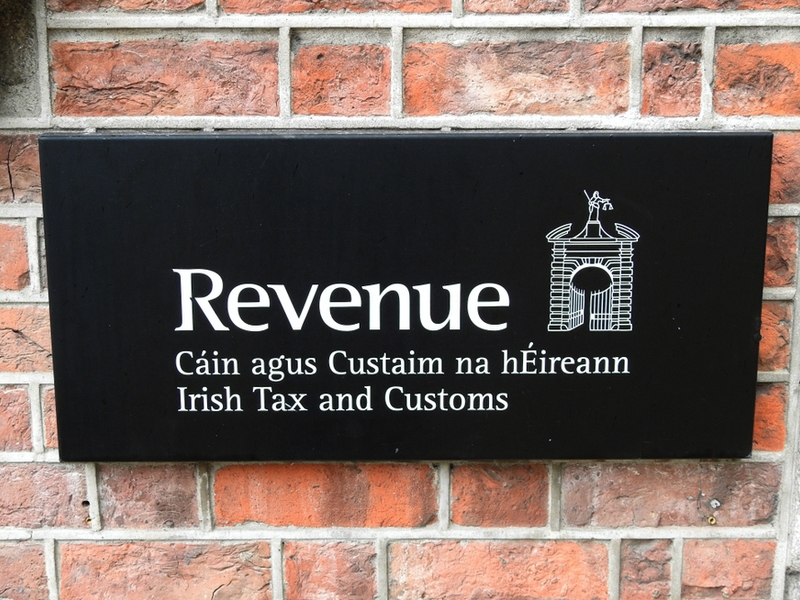Having a cash reserve is one thing that many successful businesses have in common and a crucial aspect of the financial wellbeing of your business. A cash reserve, or emergency fund, acts as a buffer and allows you to pay your employees and yourself during lean times.
It protects you when clients are slow to make payments and allows you to pursue opportunities for growth when they arise.
How much cash should be kept in reserve varies from business to business and there is no set number that applies to everyone. A general guide that many follow is to have enough funds available that you are able to comfortably cover your expenses for 3-6 months.
If your business has regular expenses it is fairly simple to calculate what your monthly expenses work out at.
How to calculate
Review your cash flow statements for the last six months, and if the numbers are more or less the same, take the average amount to get your monthly expenses.
Once you have this amount, multiply it by the number of months you want to be able to cover, to get the cash reserve goal you need.
If your business operates in a seasonal industry you will need to calculate two numbers.
Start by choosing a six month period that includes your highest cost month. For the first number, choose the highest cost month amount and for the second number average out the remaining five months.
When calculating the cash reserve amount for a seasonal business you should aim to be able to cover one high cost month and a few regular months; the total number of months is up to you to decide.
How to build
Once you’ve calculated your goal amount for your cash reserve it’s time to start building it. Setting up a payment like a direct debit or standing order is the easiest way to start growing your cash reserve. The automatic nature of this type of payment means that you don’t have to think about manually transferring funds over each month and can never forget to make payments to your reserve.
A good way to think about your reserve is that it is like another bill, something that has to be paid; this mentality will allow you to consistently grow your cash reserve as you will stop considering the payments to be optional.
Try not to dip into your cash reserve, and if you do take funds out of your reserve make sure to replace them.
This practice will ensure that you have funds available when needed, be this for a period of lean times or an opportunity to grow your business. Bank of Ireland’s cash-flow template can help you calculate how much you can comfortably put aside to work towards your cash reserve goal.
The information contained in this article is has been prepared by Bank of Ireland (“BOI”) for information purposes only. BOI believes any information contained in the article to be accurate and correct at the time of publishing.






